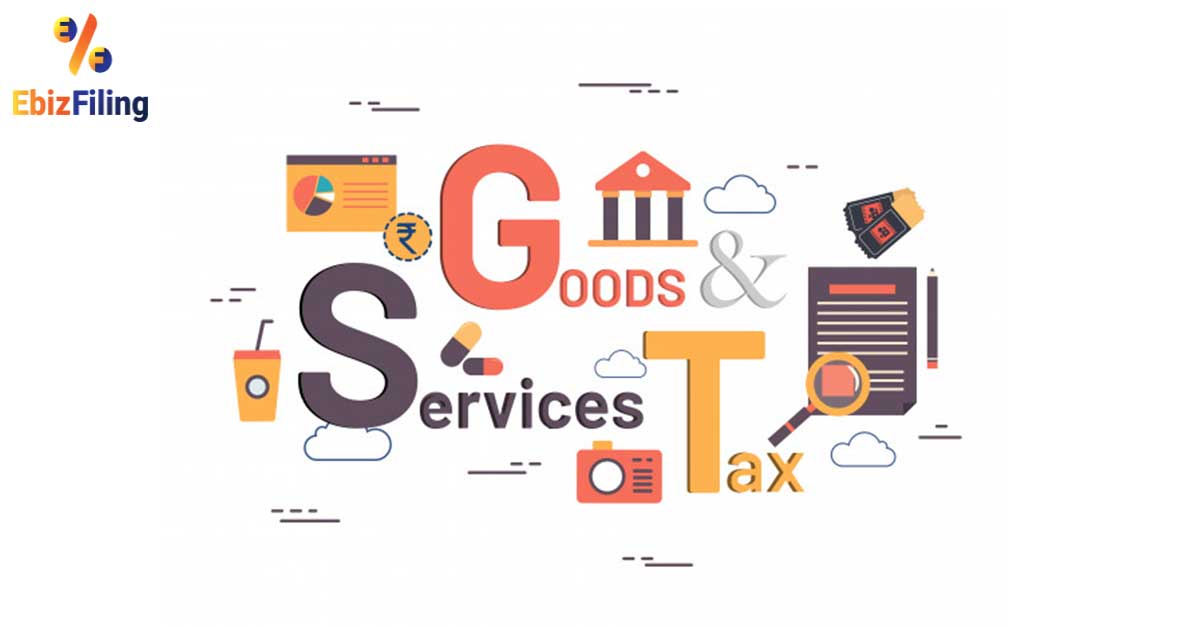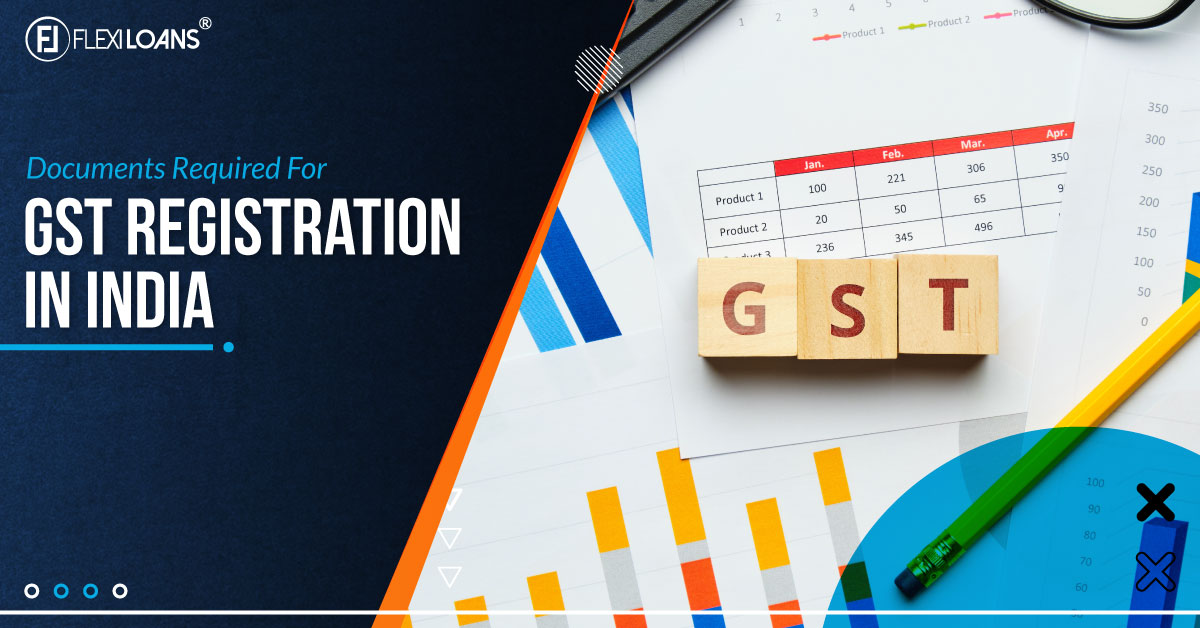Recognizing the Conveniences of Singapore GST Registration for SMEs
Recognizing the Conveniences of Singapore GST Registration for SMEs
Blog Article
The Ultimate Overview to Streamlining the GST Registration Refine and Needs for Small Service Owners

Understanding GST Essentials
To realize the basics of the Goods and Solutions Tax (GST) system, local business proprietors must first recognize its underlying ramifications and principles. GST is a value-added tax obligation imposed on a lot of products and services for residential usage. It aims to streamline the taxation procedure by replacing multiple indirect taxes enforced by the state and main governments. Under the GST program, companies are required to accumulate and sign up tax in support of the government, guaranteeing transparency and compliance.
One of the essential principles of GST is input tax debt, which allows businesses to assert credit for tax obligations paid on their purchases. Comprehending these standard concepts is essential for little service proprietors to browse the intricacies of the GST system and make sure conformity with the regulation.
Qualification Standards for Enrollment
Having actually developed a fundamental understanding of GST principles, little service owners need to now satisfy particular eligibility criteria to proceed with the registration procedure. In India, entities took part in the supply of products or services with an annual aggregate turn over going beyond Rs. 40 lakhs (Rs. 10 lakhs for unique classification states) are needed to register for GST. Additionally, particular organizations such as those associated with inter-state supply of products, laid-back taxed individuals, and those needed to pay tax under the reverse charge device need to register for GST irrespective of their turn over. Organizations that were signed up under the previous tax regimen (BARREL, service tax, and so on) are likewise mandated to register under GST. However, farming services that only provide create out of primary manufacturing are excluded from GST registration. It is vital for company owners to carefully analyze their eligibility based on these standards to make sure conformity with the law and prevent any charges for non-compliance.
Records Required for GST Registration

Simplified Enrollment Process Steps
Following the collection and verification of the requisite documents, the enrollment procedure for GST can be navigated with a series of streamlined steps made to promote reliable compliance for small service owners. The primary step involves checking out the GST portal and picking the 'New Registration' alternative. Consequently, the candidate needs to fill out Component A of the GST REG-01 form with details such as frying pan, mobile number, and email address to get an OTP for verification. As soon as the OTP is gotten and gotten in, a Short-term Referral Number (TRN) is produced for more proceedings. The following step needs filling in Component B of the form with needed business information, uploading supporting records, and completing the verification procedure using DSC or EVC. Upon successful confirmation, an Application Referral Number (ARN) is issued, suggesting the conclusion of the GST enrollment process. By complying with these streamlined actions, local business owners can properly register for GST and ensure compliance with tax obligation guidelines.
Tips for Ensuring Compliance
To keep governing adherence and functional honesty, diligent oversight and proactive procedures are crucial in ensuring compliance with GST demands for little organization owners. Tiny organization proprietors must stay upgraded with GST laws, submitting target dates, and any adjustments in tax obligation prices to stay clear of fines and keep an excellent standing with tax obligation authorities. Going to GST understanding workshops or training programs can boost understanding and conformity with GST guidelines, eventually benefiting the business in the long run.
Verdict
Finally, small company proprietors should understand the essentials of GST, satisfy the eligibility criteria, collect Visit This Link needed files, and follow the streamlined enrollment process actions to make sure compliance. By streamlining the GST enrollment process and needs, small company proprietors can prevent penalties and run their services useful link smoothly within the lawful framework - Singapore GST Registration. It is essential for little service owners to remain certified and educated with GST regulations to preserve a successful organization operation
Tiny company proprietors seeking GST enrollment should guarantee they gather and send the required records to complete the enrollment process effectively. The documents needed for GST registration typically consist of evidence of company enrollment or incorporation, FRYING PAN (Permanent Account Number) card of the service entity, identity and address evidence of the promoters/partners/directors, pictures, address proof of the area of business, financial institution account statements or canceled cheques, and consent forms. Going to GST recognition workshops or training programs can enhance understanding and conformity with GST regulations, inevitably profiting the business in the lengthy run.
By streamlining the GST registration process and needs, small service owners can prevent fines and operate their services efficiently within the legal framework. It is vital for small company proprietors to remain certified and enlightened with GST regulations to maintain an effective business operation.
Report this page